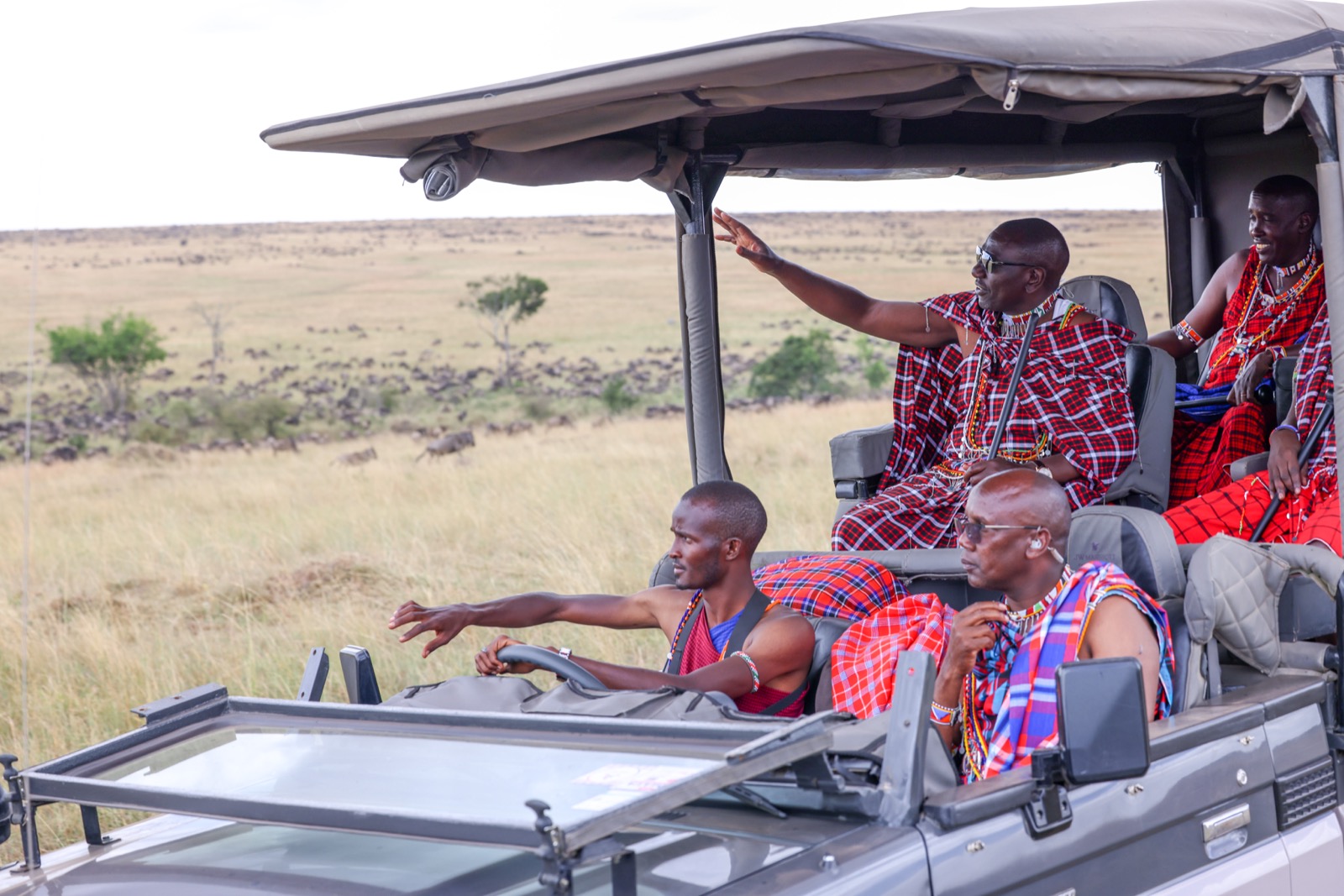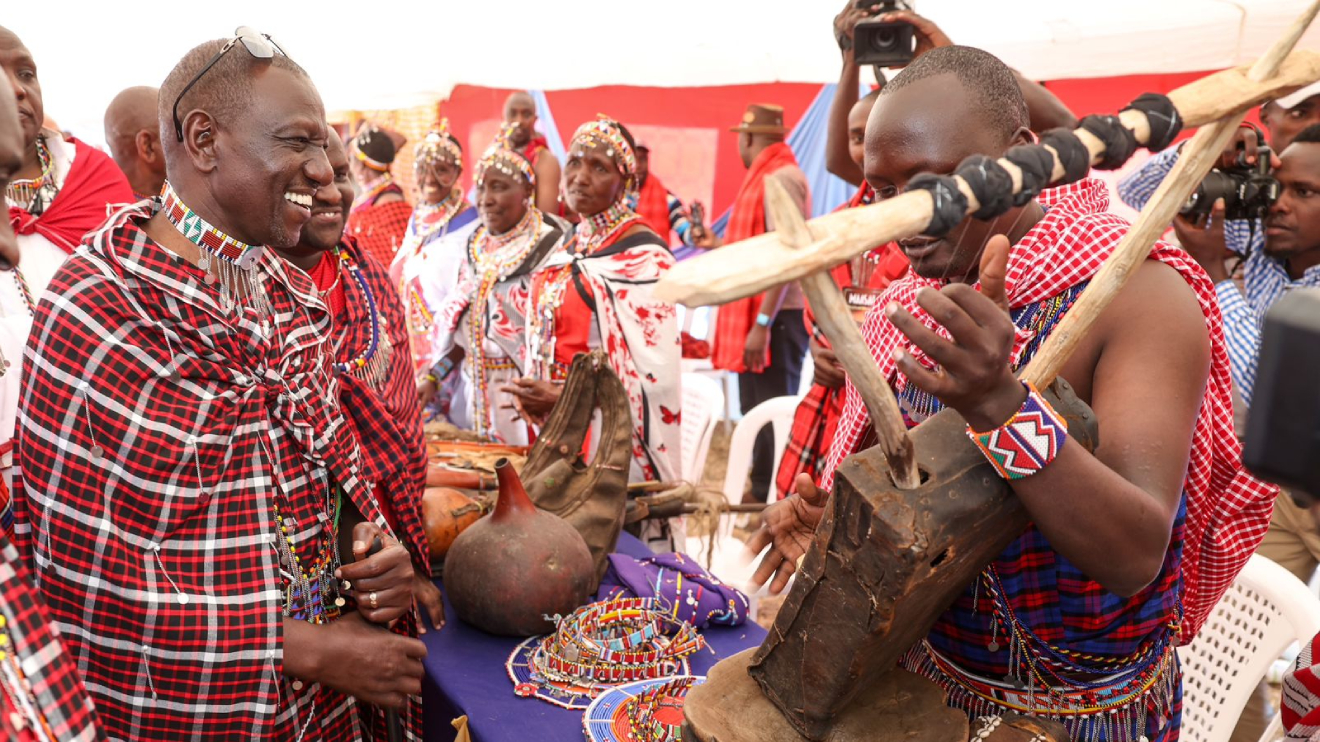The Government of Kenya will exploit the country's rich cultural heritage to diversify tourist attractions, aiming to bolster tourism revenues through a renewed focus on cultural experiences.
President William Ruto expressed this strategic direction, highlighting the significance of intertwining cultural preservation with tourism enhancement during a recent address.
Ruto articulated that the conventional perception of tourism, which centres on visual and auditory pleasures, has evolved to encompass the human element.
"Tourism is no longer just about sights and sounds but also about the people," he remarked, emphasizing the importance of authentic cultural encounters in modern tourism.
In collaboration with various Counties, the Government is set to embark on cultural preservation initiatives.
Read More
Ruto underscored this collaboration during his speech at the Maasai Cultural Festival, held at Sekenanie Gate in Narok County.
The festival provided a fitting backdrop for his announcement of the allocation of funds for the annual Maa Cultural Festival, an endeavour aimed at perpetuating Kenya's cultural diversity.

The president expressed his conviction that contemporary tourists seek genuine cultural experiences, necessitating an elevated standard of tourism.
"Today's tourist is drawn to authentic cultural experiences; therefore, today's tourism must meet a higher standard," he emphasized, reflecting the need for immersive and authentic cultural encounters.
The President's remarks, delivered on a Tuesday, resonated at the Maasai Cultural Festival, attended by notables including Cabinet Secretaries Peninah Malonza (Tourism) and Soipan Tuya (Environment), along with Governors Patrick ole Ntutu (Narok), Joseph Lenku (Kajiado), Jonathan Lati Leliliit (Samburu), and several Members of Parliament.
Ruto also highlighted the recognition by the United Nations Educational, Scientific and Cultural Organisation (UNESCO) of specific Maasai cultural practices as Intangible Cultural Items.
These practices include the induction of boys ahead of initiation, the shaving of morans, and the meat-eating ceremony marking the transition into adulthood.
Extending appreciation to the Maasai community for their dedication to cultural preservation, President Ruto celebrated their role in enriching Kenya's cultural identity.
"I extend my gratitude to the Maasai community for their unwavering commitment to the preservation of Maa traditions and culture. Your resilience has given Kenya a global identity and enriched our nation's cultural mosaic," he acknowledged.
The President's vision extended beyond cultural promotion, encompassing plans to enhance host communities' well-being through revenue sharing from national parks.
With the intention of uplifting host counties, President Ruto announced the allocation of 50 per cent of national park and game reserve revenues to these communities.
This move is designed to fuel transformational projects that elevate the quality of life for these local populations.
"I have directed that all revenues from our national parks and game reserves should be divided equally between the host counties and the national government," President Ruto affirmed, showcasing a commitment to equitable resource distribution and community empowerment.









 shares a light moment with the company's Group CEO Dr Patrick Tumbo (right) at a past event-1758121528.jpeg)
-1758116028.jpeg)

